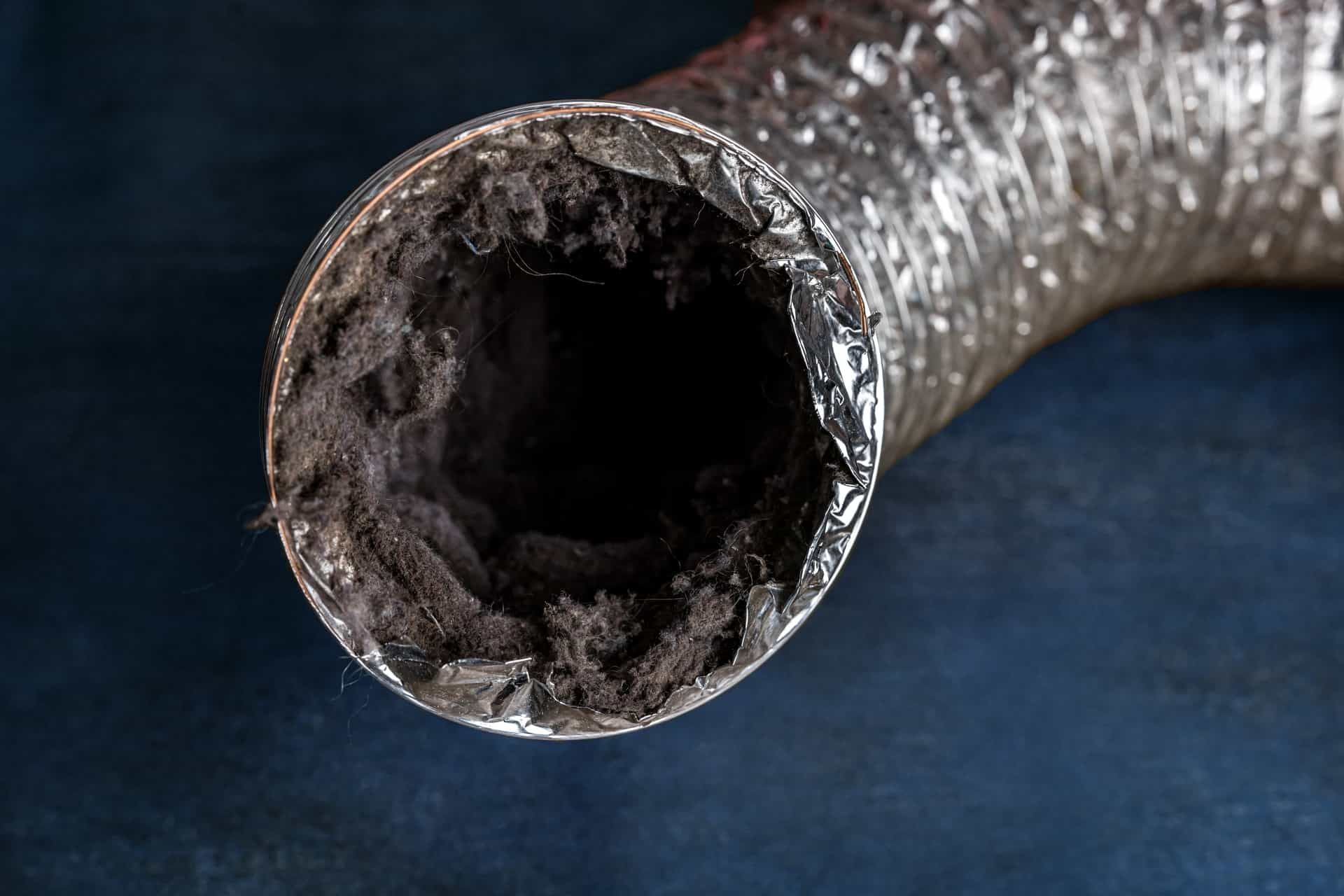Warning Signs That Indicate You Have Toxic Mold Illness
Mold is a common household problem, but it can lead to serious health issues when it becomes toxic. Toxic mold releases harmful spores into the air, which can cause various symptoms if inhaled.
If you've been feeling unwell and suspect mold might be the cause, you must know the warning signs. Let's explore the key questions to help you identify if you might be suffering from toxic mold illness.
Are You Experiencing Respiratory Problems?
One of the most common signs of toxic mold illness is trouble with your respiratory system. Mold spores can irritate your lungs, causing coughing, wheezing, or shortness of breath. If you already have asthma or allergies, exposure to toxic mold can worsen these conditions. People who have never had breathing issues may start noticing they're struggling to take deep breaths or feel tightness in their chest.
If you cough more than usual or breathe hard, especially indoors, it could be linked to mold exposure in your home. Pay close attention to how your symptoms change when you're outside.
Are You Experiencing Frequent Headaches or Migraines?
Frequent headaches, particularly at your place, are a sign that you're dealing with toxic mold. Many people who suffer from mold-related illness report feeling throbbing headaches or migraines that come on without any other apparent triggers. These headaches can be due to the toxins produced by the mold, which cause inflammation.
If you've noticed your headaches are worse at home or after spending time in certain rooms, it could be worth investigating whether mold is present.
Do You Have Skin Irritation?
Toxic mold exposure doesn't just affect your lungs—it can also impact your skin. Many people develop rashes, hives, or other skin irritation after exposure to mold. These rashes might be itchy, red, or even painful to the touch. If you've developed unexplained skin irritation that doesn't go away without regular treatments, mold could be the underlying cause.
Look for patterns in your symptoms. Do you feel better when you're away, only for the irritation to return when you get back? This could indicate that toxic mold is present where you live.
Are You Feeling Chronically Fatigued?
Another warning sign of toxic mold illness is chronic fatigue. Suppose you're always, even after a full night's sleep, toxic mold night to blame. Mold toxins can interfere with your body's normal functions, embodying you. This is more than just feeling sleepy—chronic fatigue can make it hard to complete everyday tasks, leaving you drained and weak.
If you're struggling to keep up with your daily routine and notice a constant lack of energy, consider whether toxic mold could affect your health.
Do You Suffer From Brain Fog or Memory Problems?
Toxic mold doesn't just impact your physical body—it can also affect your brain. Many people with mold illness experience what is commonly referred to as "brain fog."
This can include difficulty concentrating, confusion, and memory problems. You might find it hard to focus on tasks that used to be easy or struggle to remember things.
These cognitive symptoms can be subtle initially, but they worsen over time. If you've been having trouble thinking or feel like you're in a constant mental haze, you'd be linked to toxic mold exposure.
Are You Experiencing Unexplained Muscle or Joint Pain?
Mold toxins can cause inflammation, leading to unexplained muscle or joint pain. You might feel like your muscles are sore for no reason, or your joints ache more than usual. This kind of pain can come and go, making it hard to pinpoint the exact cause.
f you’re dealing with persistent discomfort that doesn’t seem to have a clear explanation, mold could be a hidden factor contributing to your symptoms. A thorough mold inspection as part of a comprehensive home inspection can help identify any underlying issues, ensuring your living space is safe and healthy.
Do You Have Sinus Issues or Stuffy Nose?
Sinus problems are another standard indicator of toxic mold illness. If you constantly have a stuffy nose, post-nasal drip, or sinus pressure, it could be due to mold spores irritating your nasal passages. Mold exposure can cause your sinuses to become inflamed, leading to discomfort and even chronic sinus infections.
Take note if you're using more decongestants and sprays than usual or if your sinuses feel blocked despite no signs of a cold or allergies. This could be a sign that you're being affected by toxic mold.
Have You Noticed Changes in Your Mood?
Mold exposure can also affect your mood and mental health. Many people exposed to toxic mold report feeling anxious, depressed, or irritable. Mold toxins can disrupt your brain's chemistry, leading to your brain's emotional state.
f you've noticed a shift in your mood that doesn't seem connected to other events or stressors, mold might be playing a role. Pay attention to how you feel in different environments—if your mood improves when you're away from home, it could be linked to toxic mold. Consider scheduling a
mold inspection to identify and address any potential issues in your home, ensuring a healthier living environment.
What Should You Do if You Suspect Mold?
If you suspect that toxic mold is causing your symptoms, acting quickly is essential. Moldite growth increases, especially in damp areas like basements, bathrooms, and kitchens. You should consider having a professional mold inspection to determine if mold is present in your home.
A certified mold inspector can identify hidden mold and recommend the best action to remove it. Ignoring the problem can lead to more severe health issues, so it's crucial to address mold growth as soon as possible.
Conclusion
Toxic mold illness can manifest in many ways, from respiratory problems and skin irritation to chronic fatigue and brain fog. If you're experiencing any of these symptoms, it's worth investigating whether it might be the cause. Early detection and removal of toxic mold are essential to protecting your health and well-being.
If you suspect toxic mold in your home, schedule a professional inspection with
Guardian Angel Inspections today to protect your health and peace of mind.
Disclaimer: The information on this website and blog is for general informational purposes only and is not professional advice. We make no guarantees of accuracy or completeness. We disclaim all liability for errors, omissions, or reliance on this content. Always consult a qualified professional for specific guidance.
Share this entry







